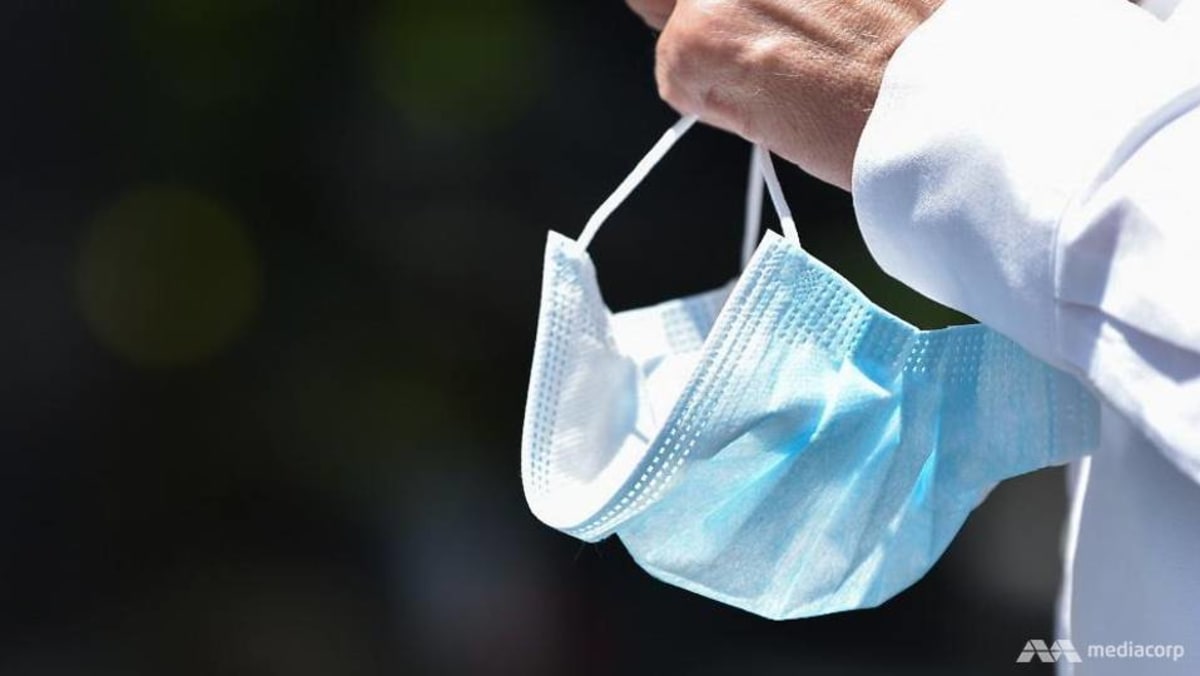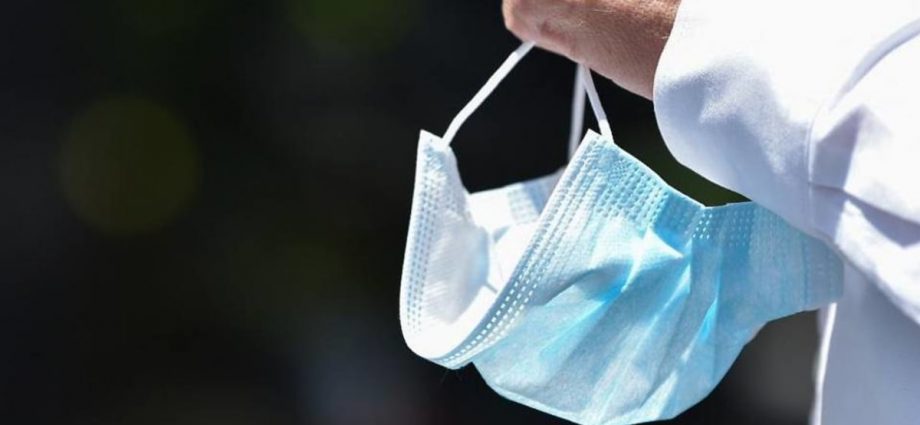
Singapore has come a long way in its fight against COVID-19, and is now learning to live with the virus, the Prime Minister said.
“With each infection wave, we have managed the impact better,” he said, adding that the latest wave is now subsiding.
“In many other countries, when a wave happens, cases shoot up furiously and then crash down suddenly, like a rollercoaster. And when cases shoot up like that hospitals come under a lot of pressure.
“In Singapore, our waves grow as well as tail off more gradually. And this suggests we have been effective in slowing down disease transmission. We have spread out the impact and prevented our hospitals from being overwhelmed,” said Mr Lee, noting that Singapore has had fewer than 1,600 COVID-19 related deaths.
“Every death is one too many. But if our mortality rates had been like other countries, we could easily have suffered 10,000 COVID-19 deaths or more by now.”
The key to Singapore’s success in managing the pandemic is the “high level of trust” in society, said the Prime Minister.
“In some countries, a precaution as simple and essential as mask-wearing became a heated point of contention. But in Singapore, people worked with and not against one another,” he added.
“You trusted your Government. You patiently endured rounds of easing and tightening measures despite the inconvenience,” Mr Lee added.
“The Government upheld your trust by being open and transparent. We spoke directly to you, shared information readily and gave you the full facts even when things didn’t look good.”
People in Singapore also practised personal and social responsibility, getting themselves vaccinated against COVID-19 and keeping their masks on indoors, said Mr Lee.
Those who tested positive isolated themselves to protect others, he said, adding that many people went out of their way to help others.
“Healthcare workers, through their care and professionalism, ensured that the rest of us could carry on safely with our daily lives. Public officers, especially those on the frontlines, carried out many demanding operations, often at short notice.”
Private companies provided resources to tackle problems and other community groups made special efforts to take care of those who needed more help, he added.
“Your actions were critical in our fight against COVID-19. And the nation is grateful to all of you,” said Mr Lee.
SPECIAL STATE AWARD
To recognise the efforts of those who participated directly in fighting COVID-19 during the pandemic, the Government will be presenting these individuals and teams with a special state award – the COVID-19 Resilience Medal.
In addition, those who made exceptional contributions will receive existing state awards such as the Commendation Medal, the Public Service Medal and the Public Administration Medal, said Mr Lee. A “special indication” will be added to the name and insignia, to show that the medal was presented for service fighting COVID-19.
The awards list will be announced at the end of the year.
“Meanwhile, we must be prepared to encounter more variants and waves, because COVID-19 will remain with us for quite some time,” said Mr Lee.
Singapore last significantly eased COVID-19 measures on Apr 26, when group size limits and safe distancing requirements were lifted. SafeEntry and TraceTogether requirements were also removed for most settings.
All employees were allowed to return to the workplace, and the Disease Outbreak Response System Condition (DORSCON) level was lowered from Orange to Yellow after more than two years.
The DORSCON framework, which gives an indication of the current disease situation, was raised to Orange on Feb 7, 2020, at the start of the pandemic.
Beyond adjustments to safe management measures, Singapore must learn the lessons from COVID-19, the Prime Minister said.
“One day, the next pandemic will come,” he said. “A new virus will emerge, more transmissible, more adaptable and more dangerous than COVID-19. And we must be ready for it.”
The most important lesson is to maintain the spirit of personal and social responsibility, said Mr Lee.
“Continue to nurture the trust in our society, day in, day out, during normal times. So that during the next crisis we can again draw upon a deep reservoir of trust to see us through, just like we have done during COVID-19.”

